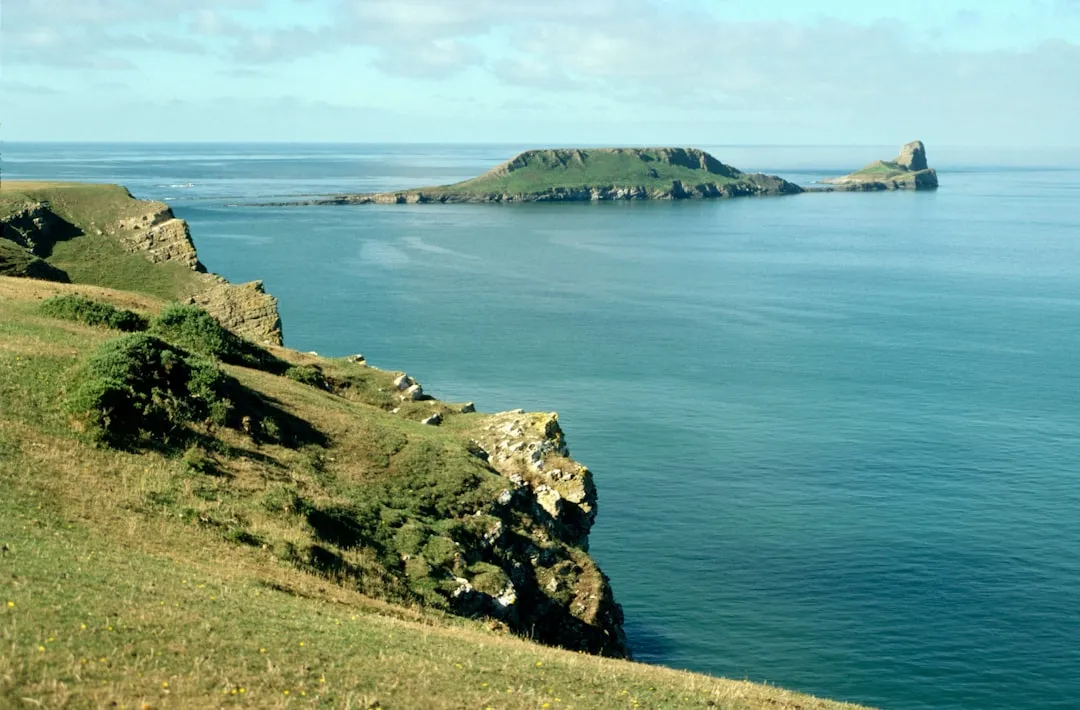Unraveling the Legacy: The Lasting Impact of the Vikings
The Viking Age, spanning roughly from the late 8th century to the early 11th century, saw Norse seafarers from Scandinavia embark on daring voyages that changed the course of history. These formidable warriors, traders, and explorers left an indelible mark on various aspects of the medieval world. From cultural exchanges to advancements in maritime technology, the legacy of these intrepid adventurers continues to shape modern society.
1. The Exploratory Spirit of the Vikings
One of the most enduring legacies of the Vikings is their spirit of exploration. Using advanced shipbuilding techniques, they constructed longships that could traverse both open seas and shallow rivers. This newfound mobility allowed them to explore far beyond their homelands, reaching as far as North America—where they established a settlement called Vinland around 1000 AD—and even the Caspian Sea.
These expeditions led to the exchange of goods, ideas, and cultures, which enriched the societies they encountered. The Vikings introduced new trade routes and commercial practices, influencing the economies of regions across Europe, Asia, and North Africa.
2. Cultural Exchange and Integration
As the Vikings raided and settled in parts of Europe, they inevitably brought their customs, language, and belief systems with them. In regions like the British Isles, Normandy, and parts of Eastern Europe, Norse mythology, art forms, and even legal systems began to meld with local cultures.
These interactions led to a process known as cultural syncretism. For example, in England, the Vikings’ Old Norse language influenced the development of the English language. Many words and place names have Norse origins, reflecting this integration. Similarly, Viking art, characterized by intricate patterns and animal motifs, influenced local crafts and inspired a distinctive artistic style that permeated many cultures.
3. The Genesis of Modern Governance and Law
The Viking legacy also significantly impacted governance and legal frameworks in Europe. The democratic principles found in Norse assemblies, known as “things,” laid the groundwork for modern parliamentary systems. These communal decision-making gatherings allowed for discussions on laws, disputes, and community welfare, emphasizing the importance of collective governance.
As Vikings settled into new territories, many adopted local customs and legal practices while also introducing their own. The melding of these judicial systems contributed to the development of more structured legal codes that are foundational to several modern legal systems in Europe today.
4. Maritime Innovations and Trade Networks
The shipbuilding technologies pioneered by the Vikings were revolutionary. Their longships were not only visually striking but also functionally superior, enabling swift and versatile oceanic and riverine navigation. This innovation facilitated trade and exploration, leading to the establishment of extensive trade networks throughout Europe.
Viking traders exchanged furs, timber, fish, and amber with other cultures in return for silver, silk, and spices from the East. Their activities laid the groundwork for complex trading networks that still have echoes in today’s global economy. Similarly, the routes they established continue to influence maritime trade patterns.
5. Religious Transition and the Spread of Christianity
The Viking Age marked a significant transition in religious beliefs across Northern Europe. Initially, Norse society followed a polytheistic faith centered around gods like Odin and Thor. However, as they settled and interacted with Christian communities, a gradual shift occurred.
Conversion to Christianity was often both a cultural and political strategy; local rulers adopted the new faith to forge alliances and enhance their legitimacy. The legacy of this transition is profound, as it contributed to the Christianization of Scandinavia and the broader integration of Europe into a more unified religious and cultural sphere.
6. Women in Viking Society
Contrary to the often one-dimensional portrayal of Viking culture, women played a vital role in society. They were not merely passive participants; many were landowners, traders, and even warriors. The sagas and archaeological findings reveal that women could inherit property, manage estates, and have a degree of autonomy that was relatively rare for the time.
This legacy of gender roles in Viking society has sparked renewed interest in studying women’s positions across different cultures. The emphasis on female agency can offer valuable insights into discussions on gender equality and women’s rights today.
7. Legacy in Popular Culture
The influence of the Vikings is not confined to history books—it has also seeped into popular culture. Modern portrayals of Viking life in movies, television series, and literature have reignited public interest in this fascinating era. Series like Vikings and various films have romanticized and, at times, sensationalized their exploits, shaping contemporary perceptions of Norse culture.
These portrayals also contribute to tourism, with many visiting sites connected to Viking history, such as Denmark's Roskilde Viking Ship Museum or the UNESCO World Heritage sites of Norway. Such interest further ingrains the Vikings and their complex heritage into modern consciousness.
8. Conclusion
The influence of the Norse seafarers is multifaceted and deeply ingrained in numerous aspects of contemporary society. From their groundbreaking exploration and trade routes to their contributions to governance, religion, and gender roles, the legacy of the Vikings continues to resonate. As scholars unearth more about this intriguing society, and as popular culture keeps their tales alive, future generations will undoubtedly continue to uncover and appreciate the profound impact that these enigmatic figures have had on our world.
Whether through the languages we speak, the legal systems we navigate, or even the stories we tell, the Vikings remain an enduring symbol of human ingenuity, adaptability, and exploration. Their legacy serves as a reminder of our shared history and the potential for connection across cultures—a testament to the enduring spirit of adventure and discovery.

